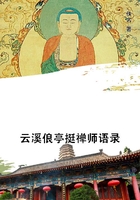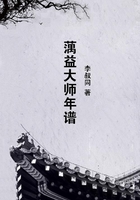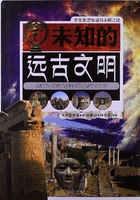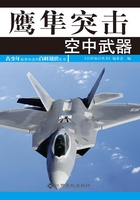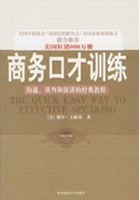In early days the Indian had not only followed the watercourses in his canoe but had made his way on foot over trails through the woods and over the mountains.In colonial days, Englishman and Frenchman followed the footsteps of the Indian, and as settlement increased and trade developed, the forest path widened into the highway for wheeled vehicles.Massachusetts began the work of road making in 1639 by passing an act which decreed that "the ways" should be six to ten rods wide "in common grounds," thus allowing sufficient room for more than one track.Similar broad "ways" were authorized in New York and Pennsylvania in 1664;stumps and shrubs were to be cut close to the ground, and "sufficient bridges" were to be built over streams and marshy places.Virginia passed legislation for highways at an early date, but it was not until 1669 that strict laws were enacted with a view to keeping the roads in a permanently good condition.
Under these laws surveyors were appointed to establish in each county roads forty feet wide to the church and to the courthouse.
In 1700, Pennsylvania turned her local roads over to the county justices, put the King's highway and the main public roads under the care of the governor and his council, and ordered each county to erect bridges over its streams.
The word "roadmaking" was capable of several interpretations.In general, it meant outlining the course for the new thoroughfare, clearing away fallen timber, blazing or notching the trees so that the traveler might not miss the track, and building bridges or laying logs "over all the marshy, swampy, and difficult dirty places."The streams proved serious obstacles to early traffic.It has been shown already that the earliest routes of animal or man sought the watersheds; the trails therefore usually encountered one stream near its junction with another.At first, of course, fording was the common method of crossing water, and the most advantageous fording places were generally found near the mouths of tributary streams, where bars and islands are frequently formed and where the water is consequently shallow.When ferries began to be used, they were usually situated just above or below the fords; but when the bridge succeeded the ferry, the primitive bridge builder went back to the old fording place in order to take advantage of the shallower water, bars, and islands.With the advent of improved engineering, the character of river banks and currents was more frequently taken into consideration in choosing a site for a bridge than was the case in the olden times, but despite this fact the bridges of today, generally speaking, span the rivers where the deer or the buffalo splashed his way across centuries ago.
On the broader streams, where fording was impossible and traffic was perforce carried by ferry, the canoe and the keel boat of the earliest days gave way in time to the ordinary "flat" or barge.
At first the obligation of the ferryman to the public, though recognized by English law, was ignored in America by legislators and monopolists alike.Men obtained the land on both sides of the rivers at the crossing places and served the public only at their own convenience and at their own charges.In many cases, to encourage the opening of roads or of ferries, national and state authorities made grants of land on the same principle followed in later days in the case of Western railroads.Such, for instance, was the grant to Ebenezer Zane, at Zanesville, Lancaster, and Chillicothe in the Northwest Territory.These monopolies sometimes were extremely profitable: a descendant of the owners of the famous Ingles ferry across New River, on the Wilderness Road to Kentucky, is responsible for the statement that in the heyday of travel to the Southwest the privilege was worth from $10,000 to $15,000 annually to the family.But as local governments became more efficient, monopolies were abolished and the collection of tolls was taken over by the authorities.The awakening of inland trade is most clearly indicated everywhere by the action of assemblies regarding the operation of ferries, and in general, by the beginning of the eighteenth century, tolls and ferries were being regulated by law.
But neither roads nor ferries were of themselves sufficient to put a nation on wheels.The early polite society of the settled neighborhoods traveled in horse litters, in sedan chairs, or on horseback, the women seated on pillions or cushions behind the saddle riders, while oxcarts and horse barrows brought to town the produce of the outlying farms.Although carts and rude wagons could be built entirely of wood, there could be no marked advance in transportation until the development of mining in certain localities reduced the price of iron.With the increase of travel and trade, the old world coach and chaise and wain came into use, and iron for tire and brace became an imperative necessity.The connection between the production of iron and the care of highways was recognized by legislation as early as 1732, when Maryland excused men and slaves in the ironworks from labor on the public roads, though by the middle of the century owners of ironworks were obliged to detail one man out of every ten in their employ for such work.




